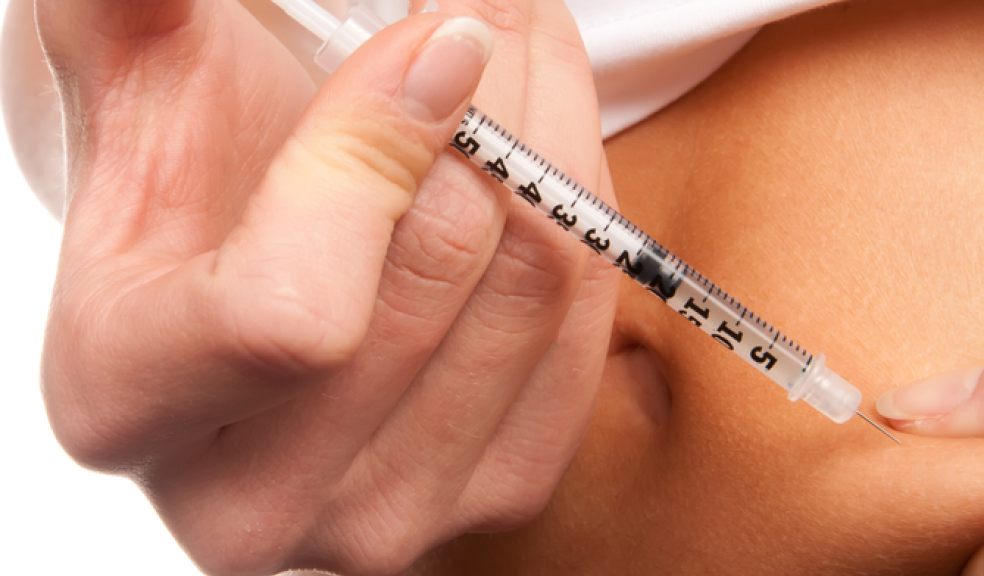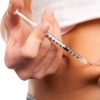
Insulin ‘still produced’ in most people with Type 1 Diabetes, study reveals
New research led by University of Exeter Medical School has discovered some people with Type 1 diabetes do produce insulin.
In the study, 74 people with Type 1 Diabetes were tested to see how much natural insulin they produced and if they were functioning in response to meals
73% of the sample was found to still have active insulin-making cells in tests at the Exeter Clinical Research Facility.
It was previously thought that all these cells were destroyed by the immune system within a few years of having the disease.
Alex Nesbitt, 56, one of the volunteers in the study was diagnosed with Type 1 Diabetes 36 years ago, and is monitored by an insulin pump attached to his body.
Alex said: “For a very long time, people have believed that if you have Type 1 Diabetes, that’s the end of your insulin production. This study raises some major questions about whether that’s actually the case. It’s very exciting for current opinion to be challenged in this way, and I’m fascinated to know what difference it will mean for the future.”
Much of the success of the study funded by Diabetes UK is down to recent advances in the technology which can measure smaller amounts of insulin than was possible before.
Dr Richard Oram, of the University of Exeter said: “We are now able to study this area in much more detail. By studying differences between those who still make insulin and those who do not, we may help work out how to preserve or replenish beta cells in type 1 diabetes. It could be a key step on the road to therapies which protect beta cells or encourage them to regenerate.
“The next step is a much larger-scale study, to look at the genetics and immune systems of people still making insulin, and to answer the important question of whether the complications of Type 1 Diabetes are reduced in people with low levels of insulin.”




















